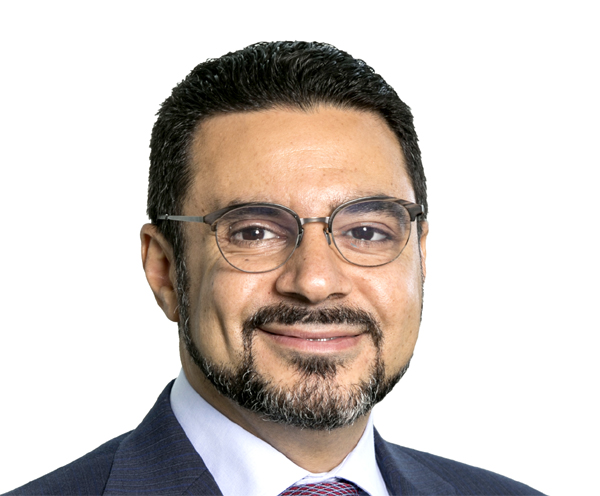
Survey finds mid-market businesses optimistic about export growth
, October 12, 2022
Mid-market businesses in the UAE with between 100 and 2,000 employees are optimistic about export growth despite the threats of rising inflation, a talent war, political upheaval and global economic contraction, research conducted by Grant Thornton reveals.
While ongoing conflicts have resulted in growing international sanctions and redrawn political alliances leading to reshaped trade routes, the vast majority of the 5,000 mid-market businesses across 28 countries expect exports to increase in the coming year.
Although surveyed organisations in Armenia, the Netherlands, Poland and Russia expressed they expected no growth in exports, over 50 per cent of organisations in Brazil, India, Indonesia, Nigeria, Turkey and the USA are hopeful exports will increase over the next year. UAE respondents were slightly more cautious regarding international trade, with only 35 per cent of organisations expecting export increases. A further 40 per cent of UAE organisations surveyed expect their revenue from non-domestic markets.
"The threat of high inflation and anticipated recession in many countries are contributing to rising economic uncertainty," said Hisham Farouk, CEO at Grant Thornton. "Businesses here in the UAE and globally are rapidly reassessing their expansion plans, and we are seeing a number of globalisation trends reshaping supply chains and evolving new trade routes."
The first trend the survey uncovered was that the appetite for international expansion remains strong within the mid-market. Despite the uncertainty, the International Business Report shows export expectations remain near record highs, with nearly half of all global respondents anticipating increases in the next twelve months and expecting to increase both their international revenue and the number of countries they sell to. However, Farouk cautions that building a sustainable long-term strategy requires a clear understanding of the different dynamics in each market, including the regulatory environment, different business cultures and how to access funding to launch in a new market. He explains volatility in foreign exchange markets may also impact supply chain costs and profits when trading in weakening currencies.
The International Business Report also suggested global trade routes and supply chains are reshaping along geographic and political lines. While business leaders may anticipate increased international activity, the mid-market isn't expecting business as usual and many markets are shifting from their traditional routes. The UAE benefits from its location, acting as a trade and travel hub and providing links between the west, including the US and Europe, and the east, including China, Japan, Australia and New Zealand, in addition to offering routes into Africa.
The relative stability of the UAE in comparison to other economies presents less risk to companies' supply chains and offers opportunities for organisations looking to establish local manufacturing hubs. However, UAE businesses exporting to other countries must still take action to improve resilience, flexibility and sustainability of supply chains, and this new version of globalisation places greater value on political certainty not just at home but also to countries businesses seek to sell to.
International plans and pressures differ markedly across regions. Although inflation in the UAE and wider GCC remains lower than in countries in Europe and the Americas, local businesses are still seeing a reduction in margins and are fighting to be competitive. High inflation makes it very expensive for businesses to get money in terms of bank loans and will likely suppress domestic and foreign investment.
Inflation will also impact selling prices, and 53 per cent of International Business Report respondents are predicting an increase in their selling prices.
"Many organisations have been able to pass costs for both labour and materials onto customers by raising prices," said Farouk. "However, the risk of inflation cannot be mitigated through increased prices alone. While this strategy is effective when demand is strong, there is no guarantee demand won't, at some point, weaken. Therefore, to build reslilience, businesses need to act intelligently, develop plans to mitigate inflationary threats and ensure their international expansion plans cover the basics, including scenario planning and not taking too many risks. Ultimately, business need to do less, but do it better," he concluded.---TradeArabia News Service








